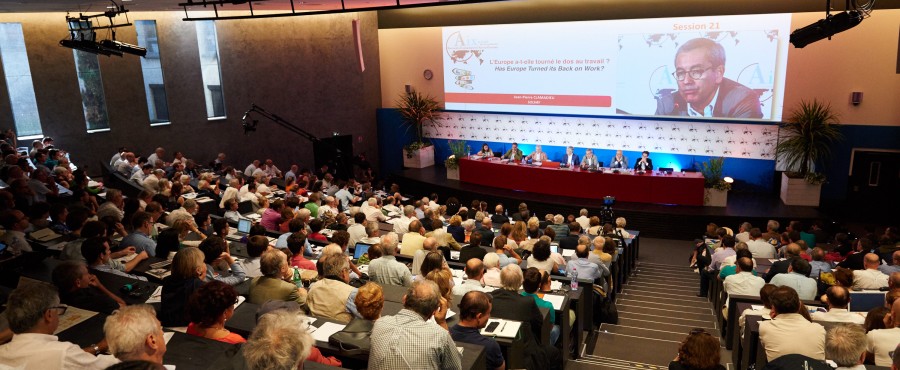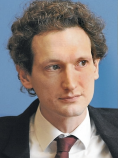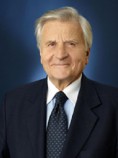5 Jul 2015
Has Europe Turned its Back on Work ?
Session 21

In Europe, unemployment has two main components. The first, especially in Southern Europe, is directly linked to the repercussions of the euro crisis. This is cyclical unemployment. The second comes from the incompatibility between company needs and worker qualifications. This is structural unemployment, which affects unskilled workers the hardest.
To reduce cyclical unemployment, European institutions cannot count on direct solidarity between nations. A move toward fiscal federalism seems, more than ever, out of reach. At the present time, the plan for exiting the crisis is based on a division of roles between the ECB and the commission. Will this plan work?
But the action on structural unemployment is at least as important. In 2007, just before the crisis, the unemployment rate in the eurozone was 7%, compared to 4% in the United States. So what is Europe’s role? It is difficult to believe that the EU would have the legitimacy and the political capital to push extensive structural reforms. One option may be to develop a European labour law from scratch, one that is effective, acceptable, and negotiated by European social partners. Workers would have the option –not the obligation– to select this alternative scheme, which would be combined with unemployment insurance partially funded by European funds.
Coordination
Moderator
Speakers

Didier REYNDERS
Deputy Prime Minister and Minister of Foreign Affairs and European Affairs
Belgium
BiographyContributions
Ronald Janssen – European Failures: Democracy on a Slippery Slope ?







